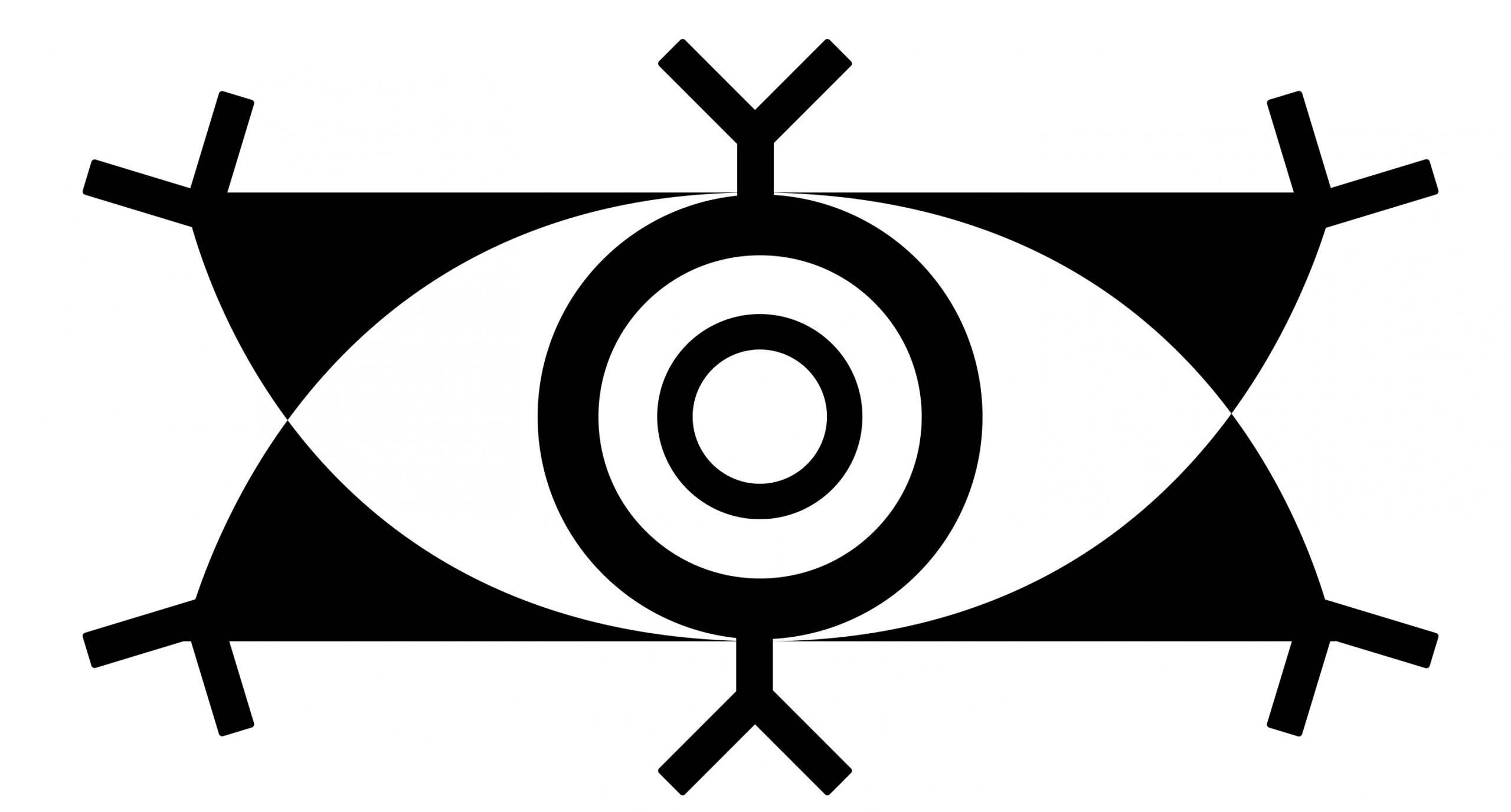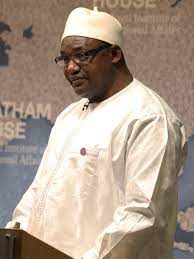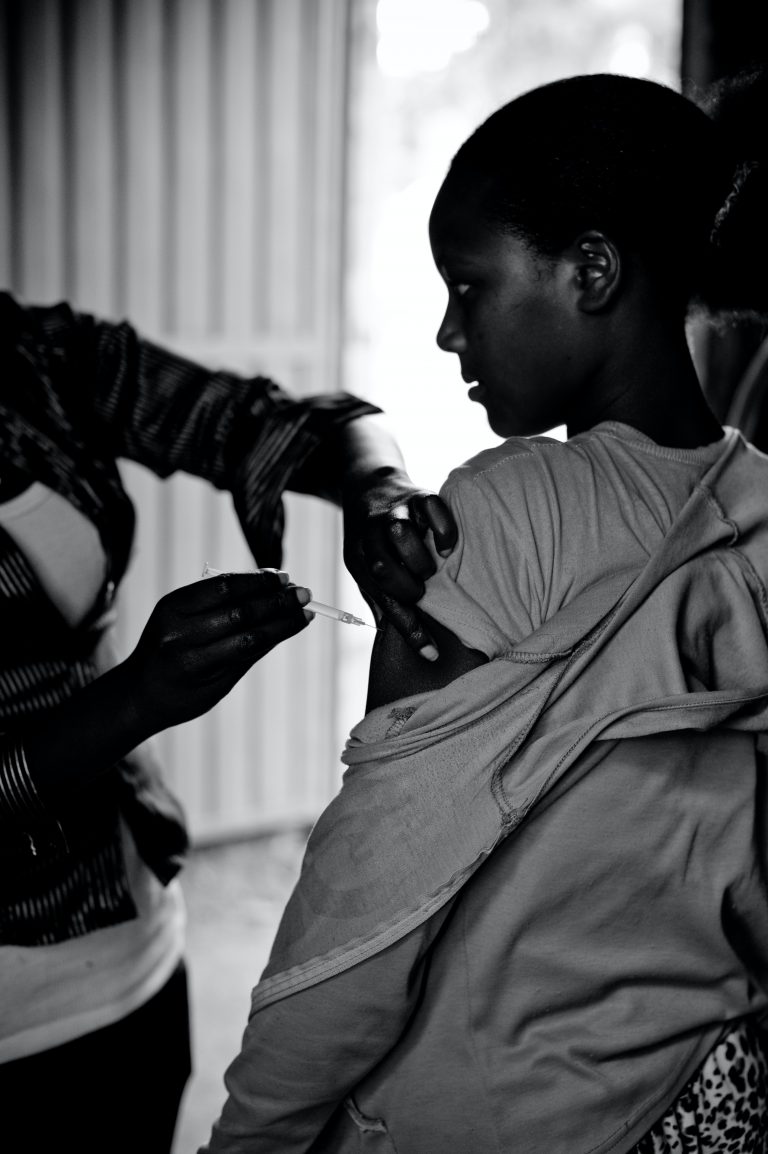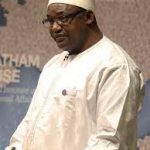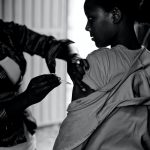Burkina Faso’s Prime Minister Christophe Joseph Marie de Dabire and his cabinet resigned on Wednesday as protests escalated over authorities’ inability to tackle a wave of jihadist attacks that have left thousands dead. President Roch Marc Christian Kaboré, who had already changed military leadership over the security crisis, accepted the resignation of Prime Minister Christophe Joseph Marie de Dabire, according to a presidential decree, two weeks after he pledged to reform the government over its failure to stem the violence that has left hundreds of Burkinabe dead and targeted the nation’s gold mines, the state’s main source of revenue.
Burkina Faso has been rocked by protests against President Roch Marc Christian Kaboré ’s failure to quell jihadist violence that has overwhelmed the country. The protesters also demanded that French troops leave the country as they accused France of aiding the jihadists. The government of Burkina Faso responded by banning protests and shutting down the internet.
The resignation of a prime minister entails the resignation of his entire cabinet, according to Burkinabé law. After his resignation, Dabire called on citizens to support the president and the new executive that will be put in place in a post on his Facebook page. “I remain convinced that it is through unity of action that we will be able to meet the challenges our country and our people are facing,” he said. Stephane Wencelas Sanou reading out the decree on public television had said, the outgoing cabinet will remain as caretakers until a new cabinet is formed.
However, the opposition has decried the resignation of the Prime Minister as a solution to the insecurity. They have promised to remain in the streets citing the Prime Minister’s resignation as an attempt by the President to pass the buck and deflect the consequences of his failure to tackle the Islamist attacks.
Kabore first appointed Dabire was first appointed in early 2019 as part of a reshuffle that coincides with a growing wave of jihadist attacks in the impoverished country. In January 2021, he was reappointed following the re-election of the president for his second and final term. Dabire was previously Burkina Faso’s representative to the Eighth West African Economic and Monetary Union (UEMOA) and in the 1990s he was minister to former President Blaise Compaoré, partly at a time when Kaboré himself was Prime Minister. Dabire’s portfolios were in health, followed by secondary and higher education, then scientific research.
Since the Jihadist attacks in 2015, 2000 people have been killed and over 1.4 million displaced from their homes. The landlocked Sahel nation has been plagued by groups linked to Al-Qaeda and the so-called Islamic State.
